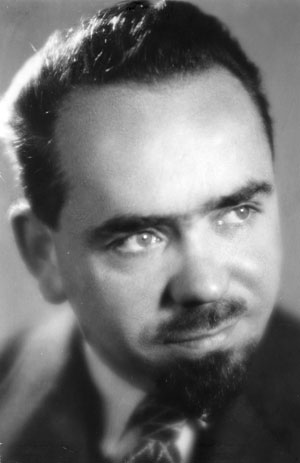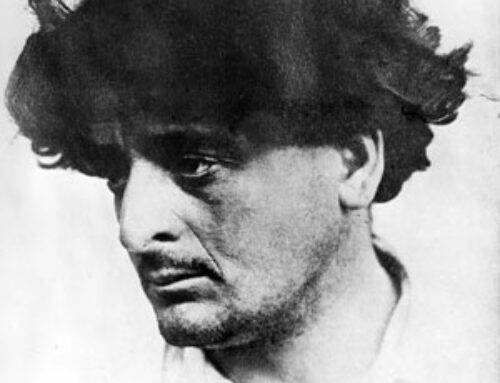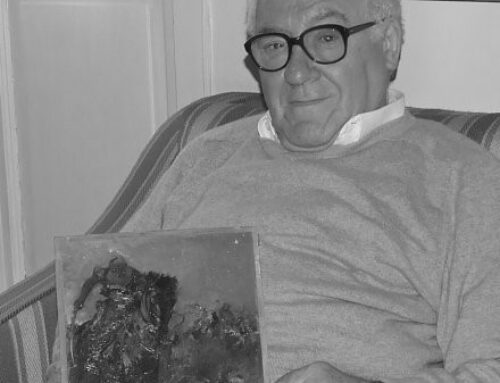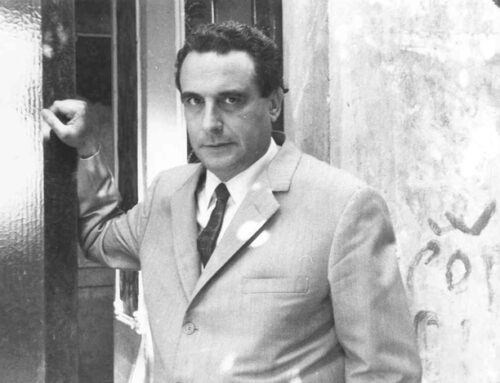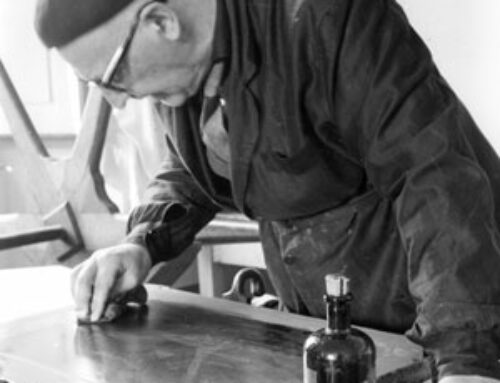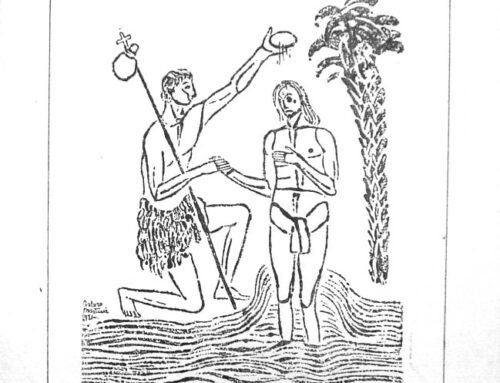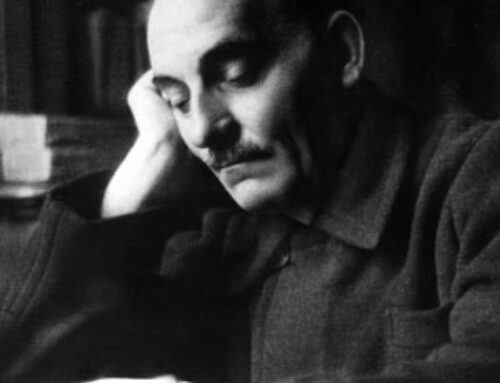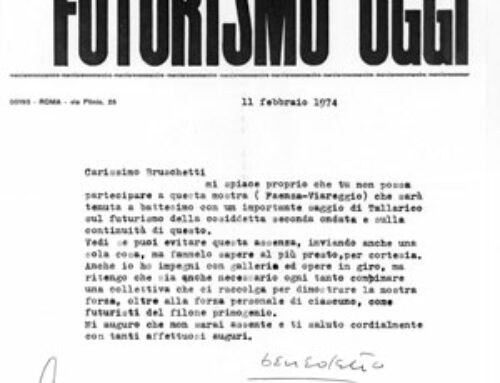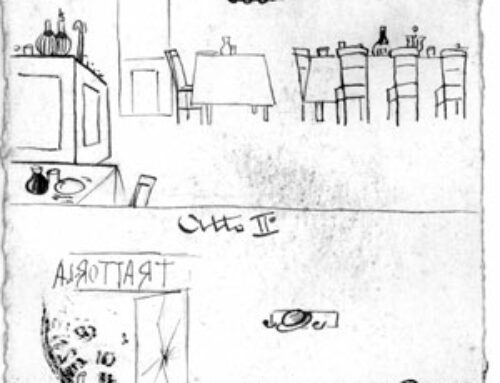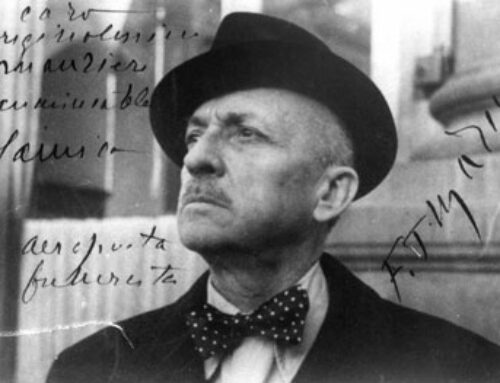(Campagnano di Roma, 1900 – Florence, 1982), journalist, completed his studies in Pisa and began his publicist militia in the early postwar period by collaborating on magazines linked to fascism to which he adhered from its beginnings. In Florence, between 1925 and 1926, he was editor of “Battaglie fasciste,” the organ of the Florentine fascist federation, and in 1929 he became first editor-in-chief and then, in 1934, editor of “Il bargello,” the weekly magazine of the Florentine fascist federation. As editor he opened the pages of the newspaper to young men destined to mark the history of contemporary Italian literature such as Bilenchi, Pratolini and Vittorini while in Fascism, despite his friendship with Pavolini that lasted until the epilogue of the regime and his closeness to men such as Giuseppe Bottai, Camillo Pelizzi and Gherardo Casini, he did not play a particularly prominent role.
The Gioacchino Contri Fund is divided into the following sections: Correspondence, which collects letters addressed to Contri from various senders, including Allodoli, Bargellini, Bilenchi, Bottai, Cardarelli, Casini, Longanesi, Maccari, Michelucci, Ojetti, Pavolini, Pellizzi, Pratolini, Ricci, Romanelli, Rosai Bruno and Ottone, Savinio, Soffici, Vallecchi, and Vittorini; Manuscripts, mostly typescripts of articles largely concerning the activities of “The Bargello.” Photo library, about 350 photos depicting friends of the time, some with dedications (Ricci, Casini, Agnoletti, Pavolini), others of customs and environment traceable to the 1930s, more than a hundred concerning the fascist regime and its history, often with captions on the verso; Various, including a file with material concerning the activities of “Il bargello,” containing receipts from collaborators, notes, Contri’s minutes, drafts, reports and a copy of “Il bargello murale” (Florence, a.10, no. 446, Nov. 18, 1941); Press review, only partially sorted, collects numerous clippings, some with interventions and notes by Contri; Library, in the process of being inventoried, which contains about 1,500 volumes pertaining to a wide variety of disciplines: Greek and Latin literature, classical and contemporary Italian, foreign literature, history from the Middle Ages to World War II, with special attention to fascism, art history, philosophy, pedagogy, and history of religions; Periodicals, currently being inventoried, which collects some issues of “The Savage,” “Pegasus,” “The Frontispiece,” “The New Anthology,” and “Black and White.”

